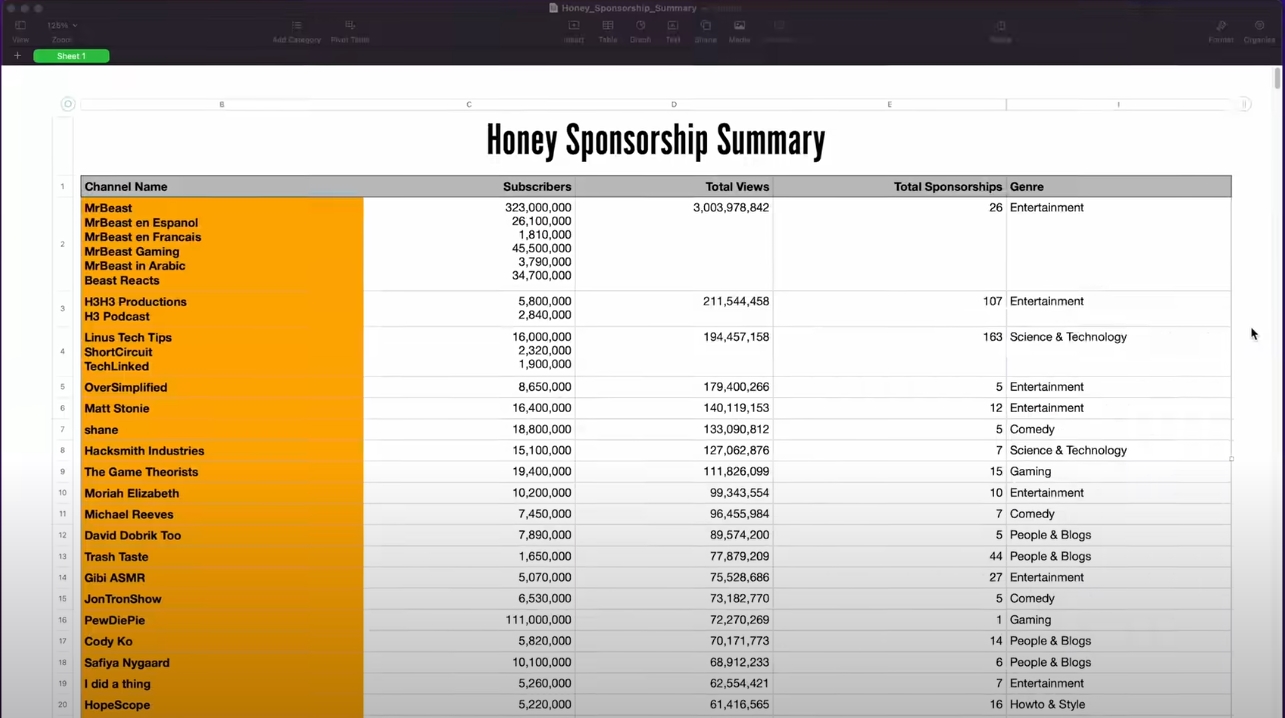But what happens when a third player enters this ecosystem, offering "free savings" to everyone while disrupting this established model?
"If It's Free, You Are the Product"
In 2012, Ryan Hudson and George Ruan were inspired to create a tool that could help users find the best deals on products and services with just a few clicks. A prototype of their tool was leaked on Reddit, where it quickly went viral. By 2017, the company had secured $26 million in funding and launched as a fully developed browser extension, Honey, promising effortless savings during online shopping.
Promises That Made "Honey" Go Viral
- "We’ll find all working coupons online and apply the best one to your cart."
- "If Honey can’t find a coupon, rest assured there aren’t any better ones out there."
- "Our service is completely free and works for all your online purchases."
With an aggressive marketing campaign starting in 2017, Honey grew to 17 million users. It was advertised in over 5,000 videos across 100 major online channels, garnering more than 7.6 billion views. The idea was enticing: why not let an app find the best deal for you at no cost? In 2020, PayPal acquired Honey for a staggering $4 billion.
But How Does a Free App Make Money?
Behind the scenes, Honey was profiting through a last-click attribution model in affiliate marketing. Here’s how it works:
- First-Click Attribution: The commission goes to the first source (e.g., a blogger) that directed the user to the promotional offer.
- Last-Click Attribution: The commission is awarded to the last interaction before the purchase. Even if a user initially clicks a blogger’s link, the entity responsible for the final referral receives the reward.
When users with the Honey extension shop online, they are prompted with a friendly suggestion to apply a coupon to save money. This process seems helpful, but in reality, the extension overrides the original referral token (e.g., the blogger’s link) with its own. By doing this, Honey ensures it earns the commission while depriving the blogger of their rightful earnings.
"Watch the Magician’s Hands"—or Your Wallet
Here’s what happens behind the scenes:
When Honey searches for coupons, it opens hidden browser tabs to simulate a legitimate referral from its own network. This allows it to hijack the last-click attribution and redirect the commission to itself. As a result, bloggers lose their revenue, and Honey earns a payout.
When Honey searches for coupons, it opens hidden browser tabs to simulate a legitimate referral from its own network. This allows it to hijack the last-click attribution and redirect the commission to itself. As a result, bloggers lose their revenue, and Honey earns a payout.
From the buyer’s perspective, it seems harmless—they get their product and even save a little money. But this manipulation undermines the affiliate marketing ecosystem and creates an unfair playing field for content creators.
Manipulating Coupons and Buyer Behavior
Honey markets itself as a universal coupon aggregator, claiming to save users from the hassle of manual searches. However, the system is not as transparent as it seems:
- User-submitted coupons rarely make it into the public database.
- Honey sometimes offers its own branded coupons (e.g., "HONEY5" or "HONEY10"), raising questions about its relationship with retailers.
Retailers, in fact, pay Honey a commission to control which coupons are shown to users. This enables stores to offer smaller discounts (e.g., 5-10%) instead of more generous ones (e.g., 30%) while giving the illusion of savings.
The Hidden Costs of "Honey"
- Bloggers Lose Revenue: By hijacking referral links, Honey deprives bloggers of their rightful earnings for promoting products.
- Retailers Overspend: Stores end up paying unnecessary commissions for manipulated referrals.
- User Data Exploitation: Allegations have surfaced suggesting Honey sells user data to third parties.
- Misleading Users: The app manipulates perceptions of savings, contradicting its own advertising claims.
The Fallout
Over time, some bloggers terminated their contracts with Honey due to suspiciously low commissions and concerns over data privacy. The issue gained widespread attention when Linus Tech Tips (LTT) uncovered the scheme. After Honey refused to change its practices, LTT severed ties with the company.
Conclusion
What began as a promising tool for finding deals was ultimately acquired and restructured by a major corporation for its own benefit, often at the expense of content creators.
- Honey steals revenue from bloggers by overriding their referral links.
- It exploits retailers by charging unnecessary commissions.
- It potentially compromises user privacy by selling shopping data.
- It manipulates users into believing they are getting better deals than they actually are.
While Honey occasionally delivers on its promises, its underlying practices reveal a darker side. This is just the first chapter of a troubling story, with some media outlets already calling it one of the biggest schemes to exploit bloggers. Stay tuned for further developments.
 News
News
 Games
Games
 Software
Software
 Music
Music
 Technology
Technology
 Hardware
Hardware
 eSports
eSports
 AI-Artificial Intelligence
AI-Artificial Intelligence
 Internet
Internet
